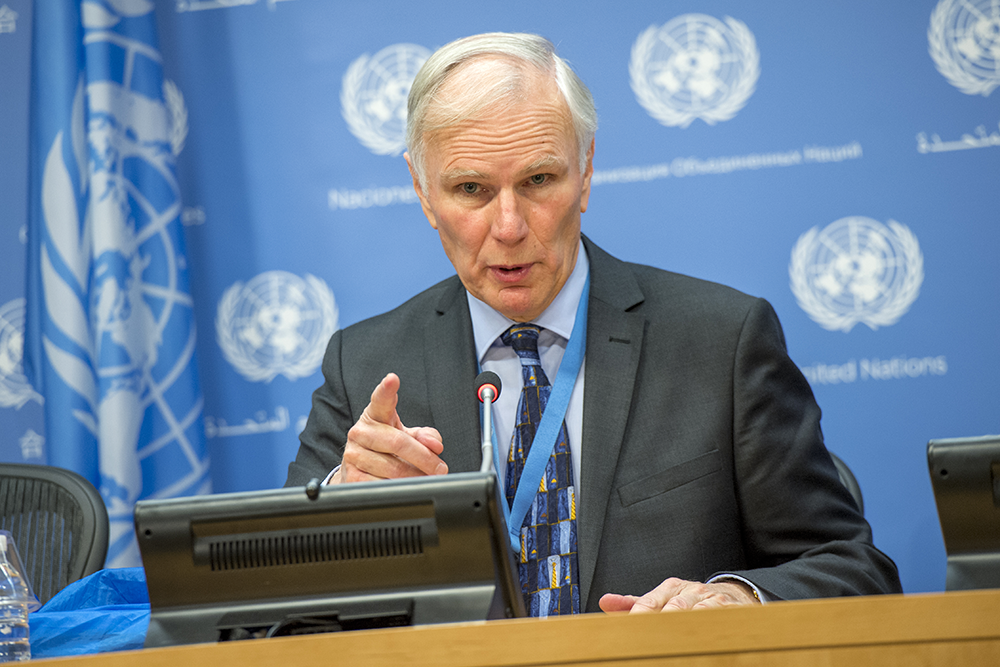“No compassion”
UN says Amendment 55 will place Brazil in a “socially retrogressive category all of its own”

The proposal to freeze spending presented by the federal government as a solution to the country’s economic crisis is “entirely incompatible with Brazil’s human rights obligations”, according to Philip Alston, the UN special rapporteur on extreme poverty and human rights.
In a press release published this morning, December 9, the expert vehemently criticized Constitutional Amendment Bill 55/16 that limits social spending increases to inflation for 20 years. The bill has already been approved in the Lower House of Congress and in a first round of voting in the Senate, which is expected to vote for a second time on Tuesday, December 13.
- Click here to read the full statement.
The criticism by the UN reinforces the concern expressed yesterday, December 9, by the IACHR (Inter-American Commission on Human Rights of the OAS), which in a statement urged Brazil to comply with the principles of non-regression and progressive allocation of resources for social, economic and cultural rights.
Read more
Alston was even more emphatic: “The principal and unavoidable effect of a proposed amendment to the Constitution designed to ‘lock in’ a budget freeze in order to show fiscal prudence will be to harm the poor for decades to come,” he said. “It is completely inappropriate to freeze only social expenditure and to tie the hands of all future governments for another two decades. If this amendment is adopted it will place Brazil in a socially retrogressive category all of its own.”
He said the situation is aggravated by the political crisis, since the economic project of the current government was not approved at the ballot box, and by the long duration of the bill. “This is a radical measure, lacking in all nuance and compassion,” he said.
The rapporteur also explained that, if approved, Amendment 55 will “clearly violate Brazil’s obligations under the International Covenant on Economic, Social and Cultural Rights”. According to this treaty ratified by the country in 1992, any measure to combat economic crises must be temporary, strictly necessary and proportional; non-discriminatory; take into account all possible alternatives (including taxation measures); and, finally, be submitted to the effective and genuine participation of the most effected populations.
“Amendment 55 clearly does not stand up to any of these tests,” said Juana Kweitel, program director at Conectas. “We hope that the warning issued today by the UN sends the message to the government that Brazil will not come out of this process unscathed. We are poised to commit an error of unprecedented proportions, with a profound impact on social rights, and the federal government and the legislature will need to be accountable to Brazilian society, but also to the international community,” she added.






